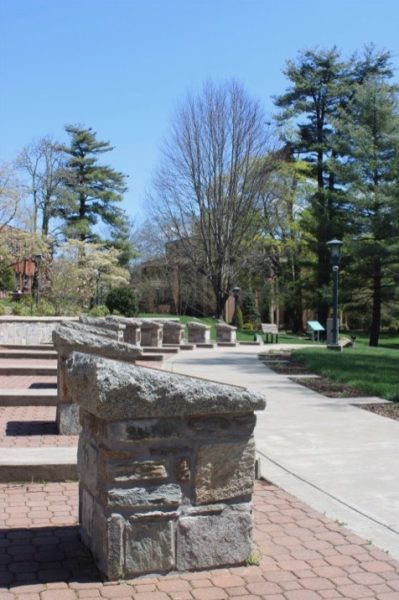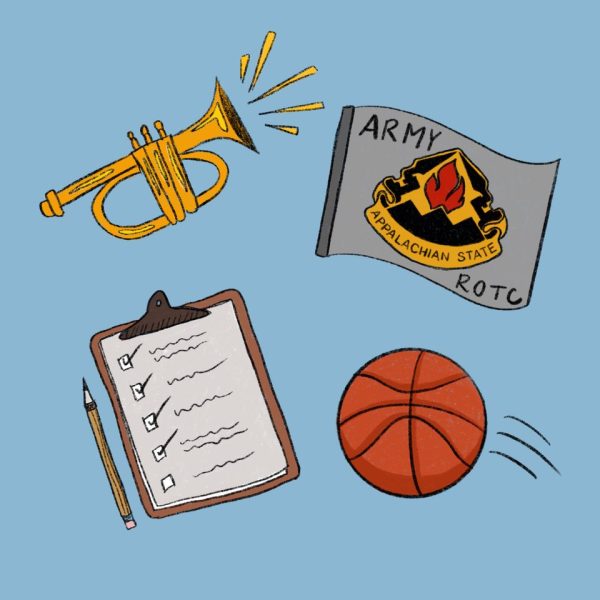Seasonal Affective Disorder, appropriately named SAD, is a condition that millions of people suffer from each year, predominantly during the winter season. College students experiencing seasonal depression have it rough, with finals during the winter semester already making it tough to find motivation to get through the end of the year. There are many different ways to cope with seasonal depression, but here are some of the best ones.
First, try light-therapy. This is the best-investigated and most successful intervention. There are many benefits to this therapy, but perhaps the best one is that it can be done from home. Light therapy is done immediately upon getting out of bed, in which the person sits in front of a box that emits a bright light similar to the levels of outdoor light shortly after sunrise. It is already hard enough to leave the house once seasonal depression takes hold, so a tool like this that students can use from the comfort of their own home is key to fighting SAD.
Similar to light therapy, dawn simulators are another tool to help those struggling with seasonal depression. These devices are sort of like an alarm clock, but instead of using noise to wake the person up, the simulator produces light that gradually gets brighter, just like the sun. The best versions of these devices use full spectrum light because this is most similar to natural sunlight. This is another intervention that can be done from home, offering a good starting point for those who are already struggling to get out of the house.
For this next strategy, students will have to leave the comfort of their homes. There is a relationship between social isolation and depression, meaning that staying connected with peers during the winter is important, just like in the summer. First-year college students can find the experience isolating, as it is difficult to be in a new place away from friends, family, and their home. Living on or near a college campus can help with this, because there are many people living in the dorms together, the same with student apartment complexes. It is important for students to get to know the people they are living in close proximity to, because when facing seasonal depression students will want to be able to rely on their peers that live closeby. Getting out of the house is the best option to experience the most benefit from socialization with others, but if it is too cold or too difficult to get outside, there are other ways to socialize. Students should remember that they can check in with friends and peers through FaceTime, or set up a Zoom meeting to chat with family.
A coping strategy that is often overlooked, especially by college students, is the benefits that come with sticking to a schedule. Those affected by seasonal depression often have trouble sleeping at night. Maintaining a consistent schedule is one of the best ways to improve sleep health, which in turn alleviates some of the symptoms of seasonal depression. In addition to helping with sleep, sticking to a schedule also exposes individuals to light at a consistent time each day, which is beneficial for the circadian rhythm.
If none of the above tips are working, it is important to recognize that reaching out for help is okay. It is extremely important for students to know that this is a common experience that many people go through. By denying these feelings, students isolate themselves from each other and make it seem like seasonal depression is an individual experience. However, since so many people go through it, it is beneficial as a college community to talk about it so that others know that they are not alone. Especially for students who have moved away from home, or are living by themselves for the first time, it is important to not feel isolated in feelings of depression and loneliness.
There are plenty of people who suffer from seasonal depression, and if nothing is working, reaching out to a doctor or counselor may become the best option. The App State Counseling Center offers a wide variety of services that may be helpful. Students should use this guide to mental health resources to figure out where to start looking for help and what options there are. The most important thing to remember about seasonal depression is that nobody is alone in it, and there are many resources designed to help.













